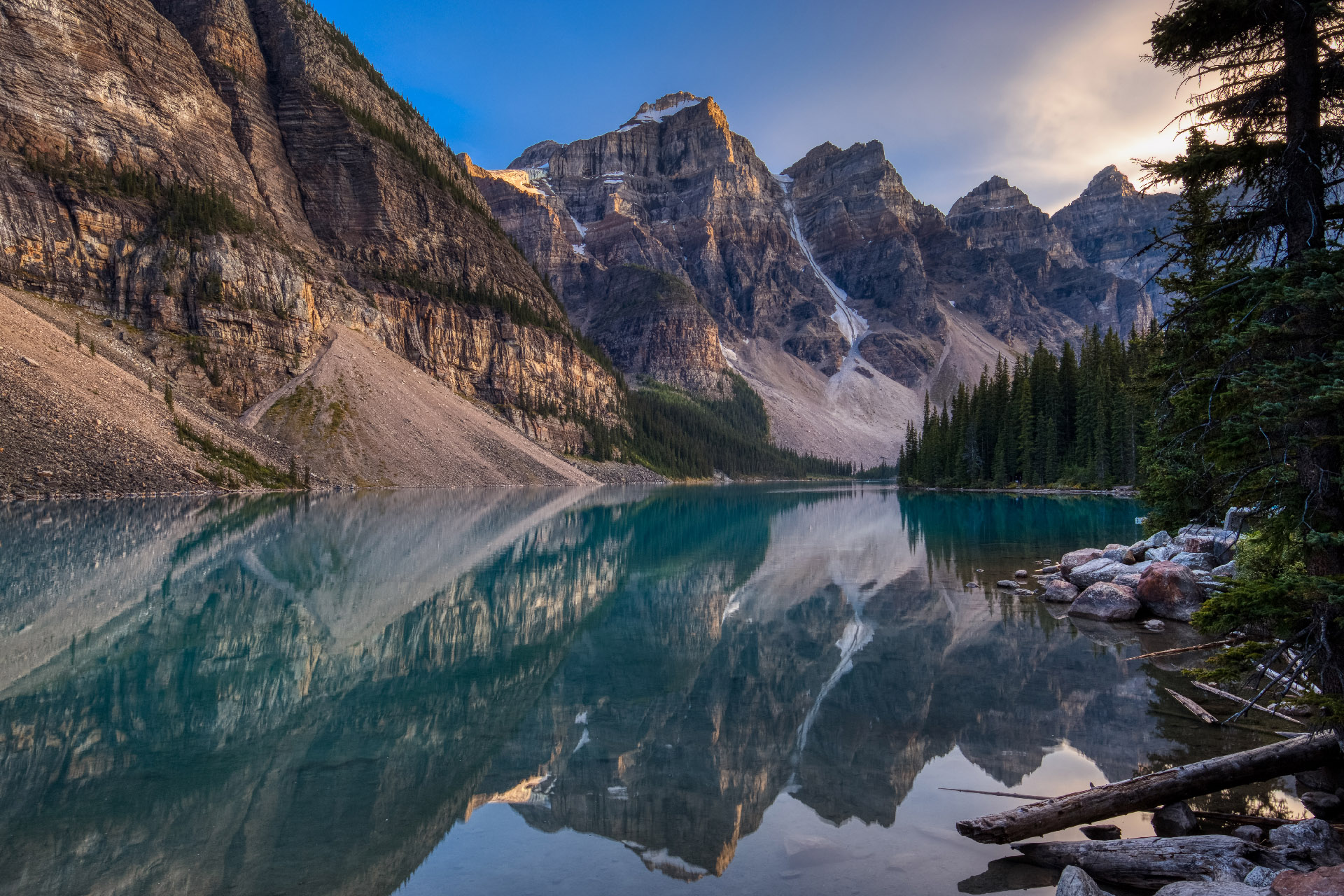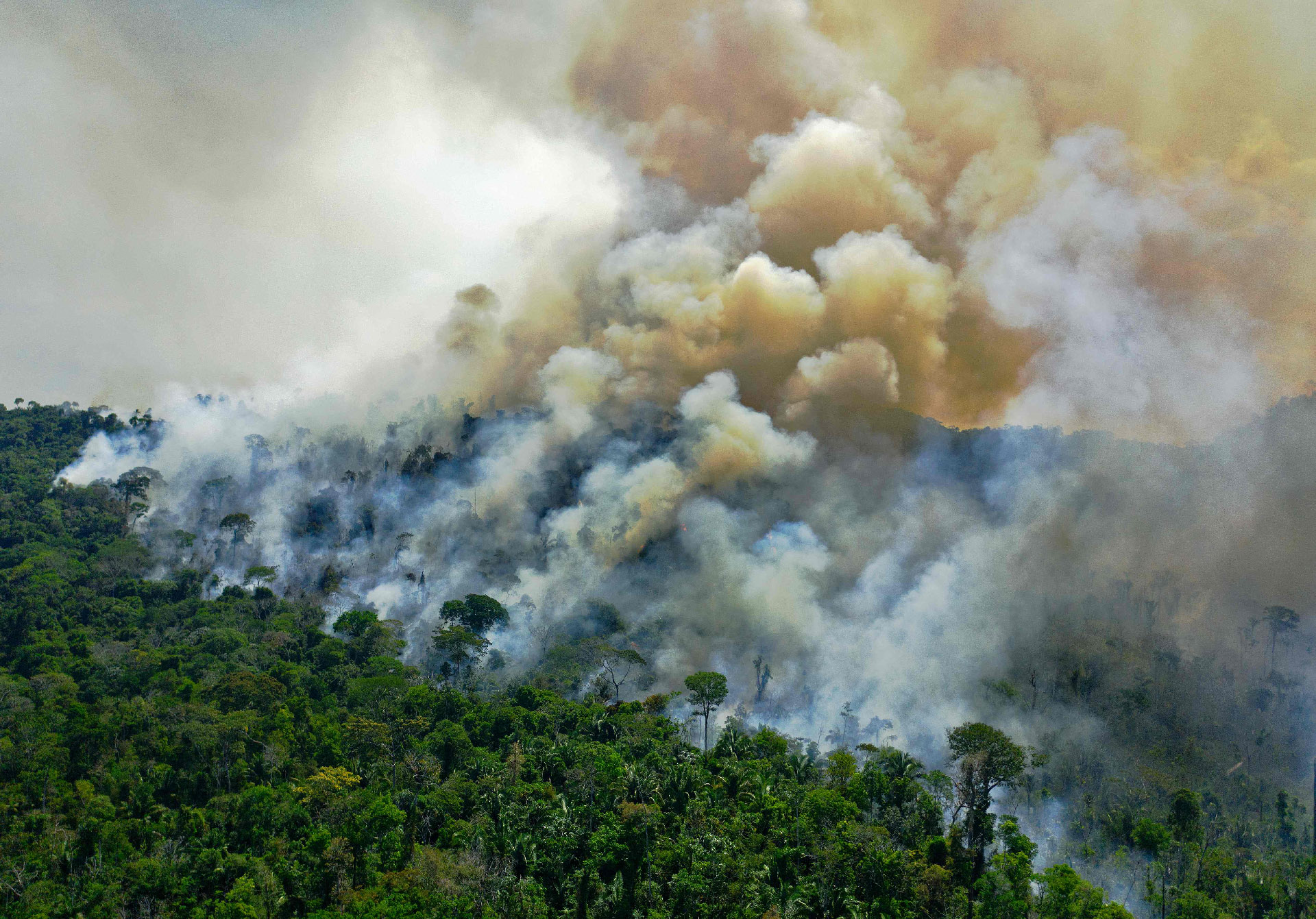On the afternoon of September 30, 2020 in New York, the first-ever United Nations Summit on Biodiversity at the level of Heads of State and Government was closed by the President of the General Assembly, Volkan Bozkir, with a call for a green recovery from COVID-19 with an emphasis on protecting biodiversity.
Opening the summit, Bozkir warned that despite the importance of biodiversity, 13 million hectares of forest are lost every year and one million species are on the brink of extinction.
UN Secretary-General Antonio Guterres also insisted that humanity was "waging war on nature" while the Earth's fragile "web of life" must be protected for the good of future generations, human progress and prosperity.
The summit included a plenary segment that highlights the connections between biodiversity, societies and economies, and two leaders' dialogues that address biodiversity loss, sustainable development, as well as accelerating biodiversity actions through science, technology and innovation, capacity-building, access and benefit-sharing, financing and partnerships.
Here are some highlights from the summit.
China
In the opening segment, Chinese President Xi Jinping said China is taking multiple vigorous measures to develop its ecological civilization and help achieve global biodiversity goals. These measures, such as expediting legislation to protect biodiversity, drawing red lines for ecological protection, establishing a national park system, undertaking major projects for biodiversity protection, and coordinating and advancing biodiversity management will help the country to reach carbon neutrality by 2060 and to ensure China's greenhouse gas emissions peak by 2030. He also called for multilateralism in protecting biodiversity.
France
French President Emmanuel Macron stressed the need to step up the fight against environmental crime, and to put a definitive end to all illegal activities that endanger nature, destroy ecosystems, feed corruption, hinder the development of the rule of law and, ultimately undermine the sustainable development of humanity. He also called for the transformation of the current models of production, trade and consumption, as well as public investment to enable the transformation. He also said France will mobilize for the adoption of an ambitious new global strategic framework for the protection of biodiversity at next year's UN Biodiversity Conference in Kunming, China.

The Rocky Mountains in Canada. /VCG
The Rocky Mountains in Canada. /VCG
Canada
Canadian Prime Minister Justin Trudeau said Canada is striving to be a leader in protecting the environment, and surpassed its target of protecting 10 percent of marine areas by 2020. He pledged to protect 30 percent of land and oceans by 2030.
Brazil
While many countries have joined the UN in pledging to protect 30 percent of their land and seas by 2030, Brazilian President Jair Bolsonaro strongly opposed "international greed" towards the Amazon rainforest, and said that countries have the right to use their natural resources and "that is precisely what we intend to do with the huge wealth of resources found in the Brazilian territory."

The burning Amazon rainforest on August 16, 2020. /CFP
The burning Amazon rainforest on August 16, 2020. /CFP
Our planet is facing severe threats from biodiversity loss and requires urgent attention and efforts to reverse the damage. Recent assessments by the Intergovernmental Science-Policy Platform on Biodiversity and Ecosystem Services (IPBES) concluded that species extinction rates are tens to hundreds of times higher now than historical averages.
Seventy-five percent of the Earth's land surface has been significantly altered by human actions, including the loss of 85 percent of wetlands area, and 66 percent of the ocean is experiencing multiple impacts from people, including from fisheries, pollution, and chemical changes from acidification.
(With input from Xinhua and statistics from UN official website. Cover image via VCG.)
(If you want to contribute and have specific expertise, please contact us at nature@cgtn.com.)